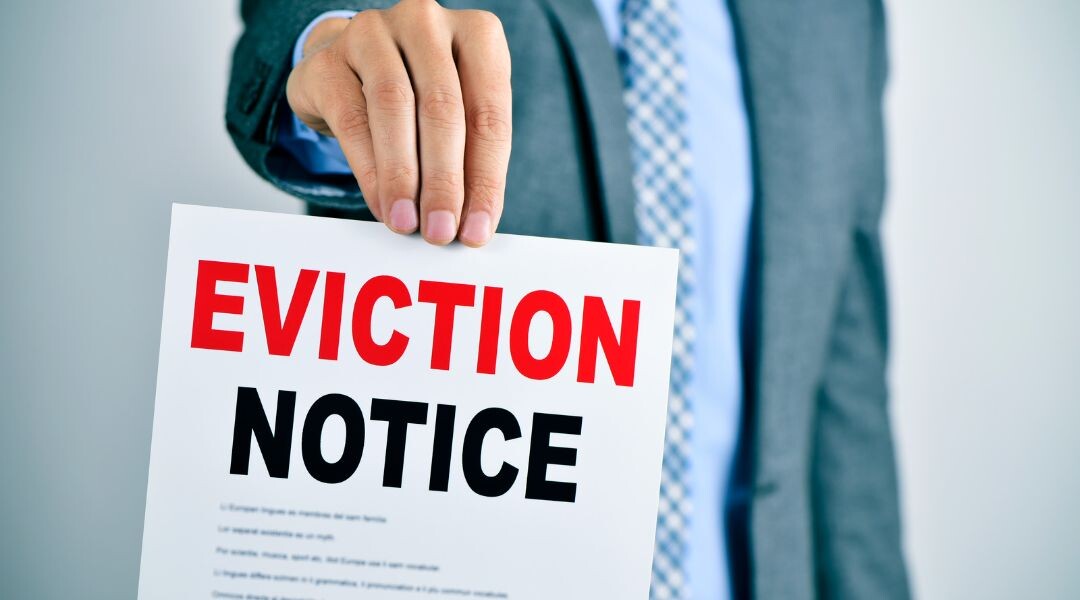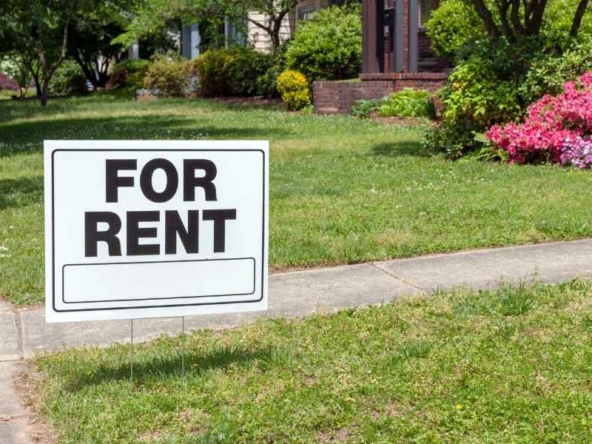Eager to figure out the eviction process in Dallas? You’re on the right track! Dealing with an eviction can be a complicated endeavor, so it’s essential that you do your research.
Understand the Eviction Process in Dallas
As a rental property owner in Dallas, it’s essential to know how to deal with the eviction process to maintain your investments and ensure smooth tenancy transitions. First and foremost, familiarize yourself with local laws governing evictions to ensure compliance at every step of the procedure. Keep in mind that eviction proceedings are not instant; they involve multiple stages where specific timeframes must be adhered to before any action can take place.
Before beginning legal proceedings against a troublesome tenant, you must provide them with adequate written notice called “notice to vacate.” Texas law outlines specific guidelines for both the delivery of this notification and the information it should include; if either of these requirements is not met, it will likely affect your ability to remove the tenant in the future.
Additionally, state regulations usually mandate three days of warning before an official suit is filed. This limit can be extended due to provisions in contracts, such as provisions outlined in The CARES Act or other federal legislation. Tenants retain rights and control over the process during court proceedings until a writ is issued that requires them to exit the premises.
Understanding these nuances plays into strategic decision-making and general adherence to applicable landlord-tenant legislation, carefully crafted around fairness principles during contentious disputes.
Locate a Qualified Attorney for Guidance
Remember, seeking the assistance of a qualified attorney can make all the difference when navigating through an eviction process. These legal professionals are knowledgeable about local laws and regulations that protect tenants, so they can assist you in understanding your rights. They can provide essential advice and guidance to help you navigate the complicated process of filing a claim or dispute. During this difficult time, it is important to have access to a reliable attorney with expertise in landlord-tenant issues.
Consulting with local bar associations or utilizing online resources like lawyer directories may prove to be helpful tools while searching for experienced attorneys.
Talking to friends and family members about their experiences can be beneficial. They may know of practitioners with successful track records for handling similar cases. After shortlisting several candidates, scheduling initial consultations to assess which attorney best suits your needs would be wise.
During these meetings, inquire about their fee structures and prior experience dealing specifically with evictions.
It is important to know the state laws relevant to the case. This can bring peace of mind throughout proceedings. It is not just about relying on reputation when choosing a lawyer or law firm; it is also important to evaluate how comfortable you feel working closely with them.
Utilize Professional Property Management Services
Implementing professional property management services can be beneficial in navigating the eviction process seamlessly. For instance, utilizing technology-driven solutions offered by companies like RealPage may improve your operational efficiency and maximize profits.
Trusted by thousands of customers across the United States, this approach allows you to set your prices based on real-time market data. This means you can keep a high occupancy rate while keeping your prices competitive. By utilizing advanced systems, you take out all the guesswork from your rent-setting decisions, helping you to stay fairer in regard to pricing.
Additionally, partnering with Dallas’s best property management companies offers access to top-tier resources that help manage properties mindfully yet assertively. They have extensive experience handling challenging tenant situations and offer valuable insights into managing complex legal procedures.
Stay Informed on Landlord-Tenant Laws & Regulations
In Dallas, as with the rest of Texas, knowing and abiding by landlord-tenant laws is crucial when dealing with evictions. One such law provides tenants a 24-hour notice for property entry in non-emergency situations. Doing so means you’re respecting your tenant’s right to privacy while ensuring compliance.
Moreover, staying informed about local housing codes can help prevent disputes or eviction-related issues from arising due to uninhabitable conditions. Ensure all required repairs are completed promptly and professionally to protect yourself legally and maintain a positive relationship with your tenants. Both parties must understand their respective rights during an eviction process.
This can be achieved through open communication lines between landlords and renters, combined with efforts to adhere to lease terms strictly. It would be best to familiarize yourselves with Texas Property Codes (Title 8), covering topics like security deposits, procedures for return, deadlines, grounds for terminating leases early, enforcing payment obligations, limits on late fees, etc. Always keep records of every interaction involving rent collection, notices, maintenance requests, complaints, evidence of living condition breaches, etc.
These documents might prove vital should formal proceedings commence down the line. Additionally, photograph, date, and document proof of conduct during regular inspections to check for unreported damages and potential threats to the well-being of occupants. Lastly, never underestimate the value of establishing a trusting rapport to deescalate tensions and resolve conflicts amicably, streamlining the whole experience for everyone involved.
File Necessary Paperwork and Follow Instructions
When filing the necessary paperwork for an eviction, it’s crucial to adhere to the specific requirements and instructions. In Dallas, you will need a completed Notice of Eviction form, copies of your lease agreement, and any relevant payment records or correspondence with tenants.
Taking precise measures ensures that your case has solid grounds in court. If a tenant still refuses to leave after receiving the Three Day Notice to Vacate, promptly file an eviction lawsuit at your local justice court. It may be tempting to cut corners by performing illegal practices such as changing locks or turning off utilities, but these actions can lead to not only costly legal consequences but also undermine credibility during hearings.
During trial preparation, gather all vital evidence supporting reasons for eviction, including rent payments history documentation and written communication about violations (if applicable). Additionally, consult resources like Texas Property Code chapters 24-92, providing guidelines on landlord-tenant rights concerning evictions from non-payment-related issues. To avoid delays within proceedings due to insufficient information submission, errors are critical; follow every step precisely to give your claim the best chance of success.
Eviction can be a stressful time, but staying informed is key. To prepare for the eviction process in Dallas, it’s important to familiarize yourself with your rights, landlord-tenant law, and local regulations.





